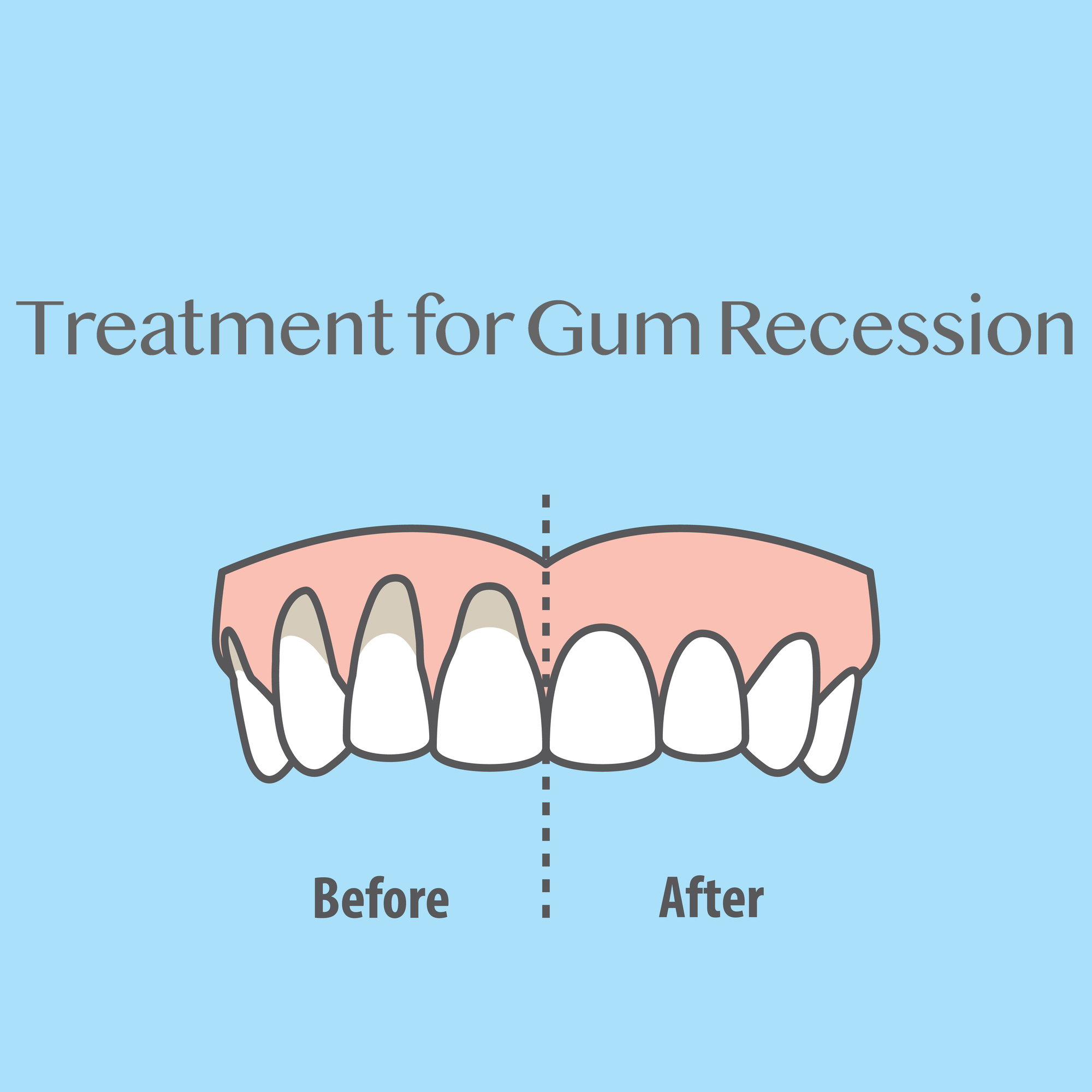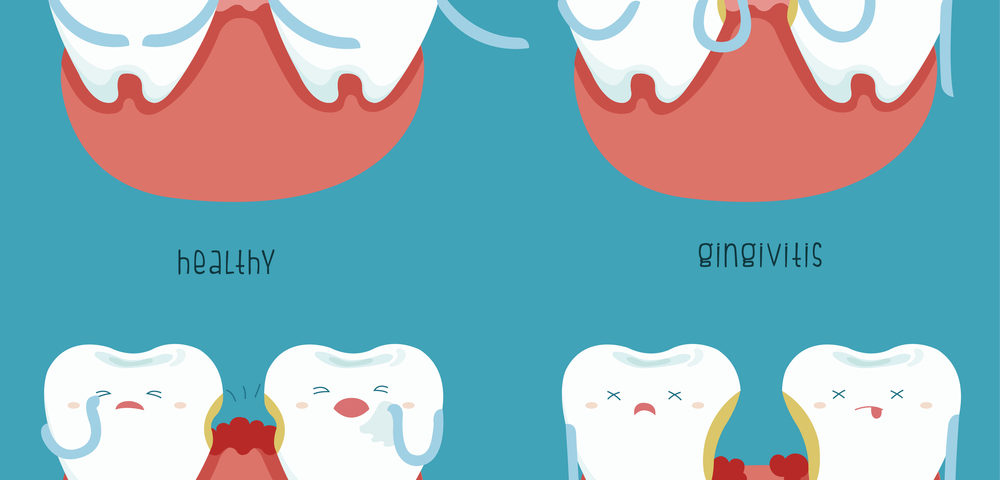
The Chao Pinhole Technique for Receding Gums
June 28, 2019
Caring for Your Dental Implants
July 12, 2019Did you know that nearly half of all Americans develop gum disease at some point in their lives? While the condition is not always curable, it is certainly manageable with proper periodontal care. At our Grant Park office, we offer a range of treatments, including preventative procedures and non-surgical options. Here, we’ll discuss the development of gum disease and explain why early detection is key for long-lasting health.
To learn more, schedule a visit at our Grant Park practice. Contact us today at 404-328-7177.
How does gum disease start?
Gum disease is characterized by puffy, red, tender gums. The condition is an inflammatory response to oral bacteria. When plaque deposits are not removed through routine brushing, flossing, and regular dental visits, then bacteria breed, wreaking havoc on your oral health.
The first stage of gum disease is gingivitis. At this point, the inflammation is at the surface. However, left untreated, bacteria travel beneath the gum line. The resulting infection then begins to erode the bone that supports the teeth. This can lead to mobility, shifting, and eventually, even further tooth loss.
Do I have to have surgery to treat gum disease?
When detected early, gum disease is treatable. In fact, gingivitis is completely reversible with a normal cleaning with your hygienist. The longer you wait, though, the more invasive the necessary treatment will be. Simply stated, early diagnosis is essential for optimal oral health.
Non-surgical Periodontal Treatment Options
If gingivitis has developed into periodontitis, you may require a deep dental cleaning. Also referred to as scaling and root planing, a deep cleaning reaches deep into the gums to remove bacteria inaccessible by brushing and flossing alone.
During this periodontal procedure, the gums are numbed for your comfort. Next, the hygienist uses special dental instruments to remove plaque, tartar, food particles, and debris. He or she then smooths the root surfaces to reduce the risk of further contamination.
Oftentimes, dentists can use laser therapy to eradicate bacteria. A soft diode laser targets infected tissue but leaves healthy tissue intact. This process can treat mild to moderate gum disease, and does not require incisions or sutures.
What if I have advanced gum disease?
If periodontitis has advanced further, scaling and root planing will not be effective. For severe cases, surgical intervention may be necessary. In these instances, Dr. Lee can work alongside a trusted periodontist in the area to develop a personalized treatment plan.
Gum surgery involves creating incisions along the gums, then moving the tissue back temporarily. This allows the surgeon to visualize the problematic areas and clean them efficiently. If a significant amount of bone loss has occurred, bone grafting can help rebuild the jawbone to improve oral health. Once the affected areas have been cleaned, the gums are repositioned and the incisions are closed with stitches.
Periodontal Maintenance
No matter what type of treatment you require, Dr. Lee will likely place you on a routine hygiene schedule. Many patients can maintain healthy teeth and gums with six-month cleanings, but some require more frequent visits. We can help determine an appropriate schedule for you.
Learn More about Grant Park Periodontal Care
Gum disease can lead to a host of more complex dental problems. To treat the condition before it worsens, schedule a visit at our Grant Park office. Call us at 404-328-7177 or contact us online anytime.


